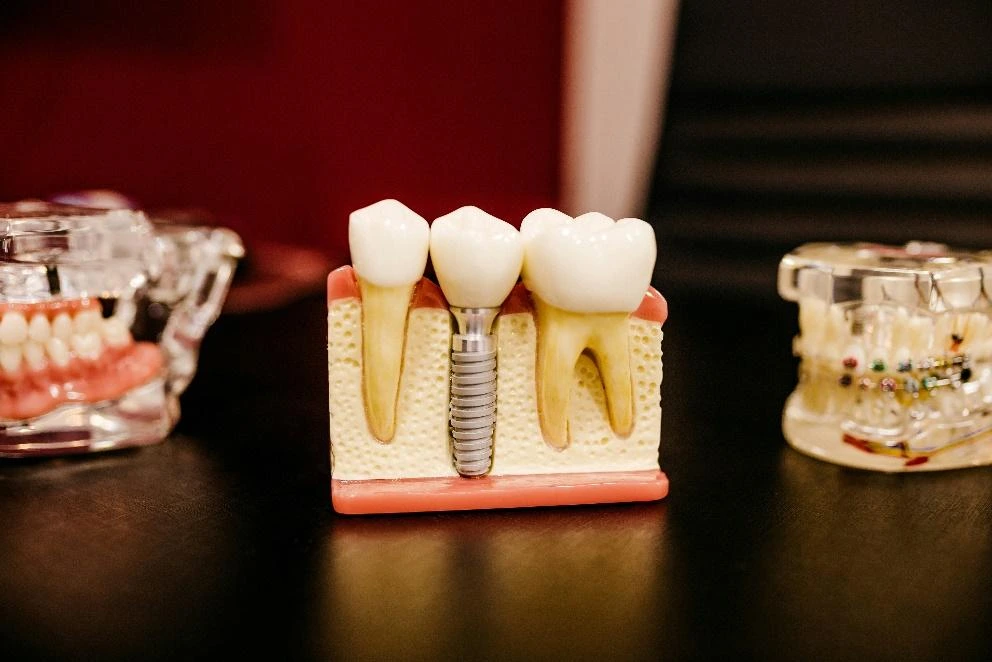Dental crowns are tooth-shaped caps designed to cover a damaged or weakened tooth. They restore the tooth’s shape, strength, and appearance while providing protection from further wear or damage. Crowns can be made from various materials, including porcelain, metal, or a combination, depending on the tooth’s location and functional needs. A dentist evaluates whether a crown is the most suitable option based on the tooth’s condition and the patient’s overall oral health. Understanding what dental crowns are and how they function helps patients make informed decisions about treatment. Crowns are commonly used to maintain the durability of teeth after injury, decay, or extensive restoration work. By covering and protecting teeth, crowns support both health and appearance.
When Are Dental Crowns Recommended?
Dental crowns are often recommended when a tooth is severely decayed, cracked, or fractured. They are also used to strengthen a tooth after a large filling or root canal treatment. Patients with worn-down teeth from grinding or other habits may benefit from crowns to prevent further damage. In some cases, crowns improve cosmetic appearance by correcting shape, size, or color inconsistencies.
Dentists evaluate the tooth’s structure, alignment, and bite before recommending a crown. This helps make sure that the restoration provides both function and aesthetics. Crowns may also help protect teeth in patients who experience significant sensitivity or structural weakening. Early consultation allows for timely intervention before additional complications develop.
How Is a Dental Crown Procedure Performed?
The process of placing a dental crown typically begins with preparing the affected tooth. The dentist removes any decay and shapes the tooth to accommodate the crown. An impression is taken to create a custom-fit crown that matches surrounding teeth in size, shape, and color. A temporary crown may be placed while the permanent one is being fabricated. Once the permanent crown is ready, it is bonded to the tooth with dental cement, restoring both function and appearance. Patients usually receive instructions on care and maintenance to prolong the crown’s durability. Regular checkups help monitor the crown and surrounding teeth over time.
What Are the Benefits of Dental Crowns?
Dental crowns provide multiple advantages for both oral health and aesthetics. They protect weakened teeth from further damage, improving overall durability. Crowns restore the natural shape and function of the tooth, allowing normal chewing and speaking. Cosmetic improvements enhance confidence by matching the crown’s appearance to surrounding teeth.
Crowns also help stabilize teeth that have undergone extensive treatment or experienced structural loss. Maintaining oral hygiene around a crown is key for preventing decay or gum issues. With proper care, crowns can last many years, offering a reliable solution for various dental concerns. Their combination of protection and aesthetic enhancement makes them a versatile treatment option.
Schedule a Consultation to Explore Dental Crowns
If you have damaged, worn, or weakened teeth, a dental crown may be the right solution to restore both function and appearance. Consulting with a dentist allows for an assessment of your specific needs and a discussion of available materials and procedures. Early evaluation helps prevent further damage and supports long-term oral health. Dental crowns provide strength, durability, and improved aesthetics, making them a practical option for a variety of dental concerns. Don’t wait for discomfort or damage to worsen—schedule a consultation today to explore whether a dental crown is right for you. Taking action now protects your teeth and supports a healthy, confident smile.









